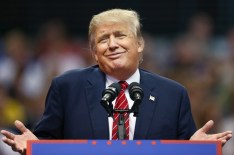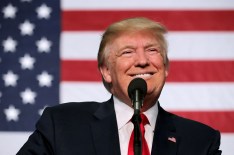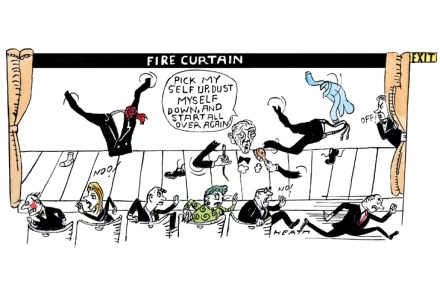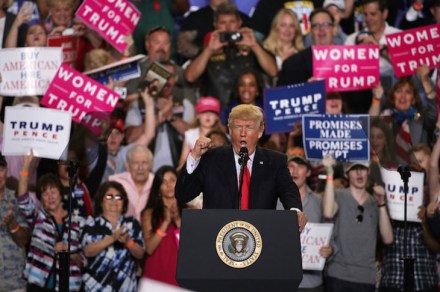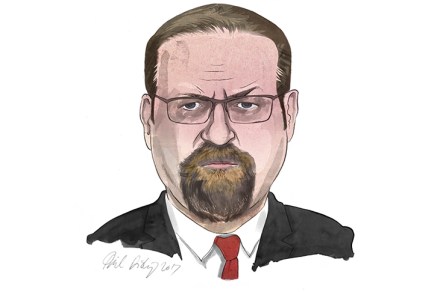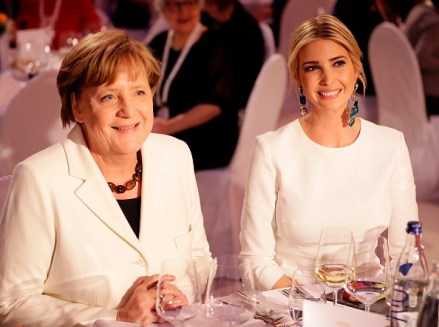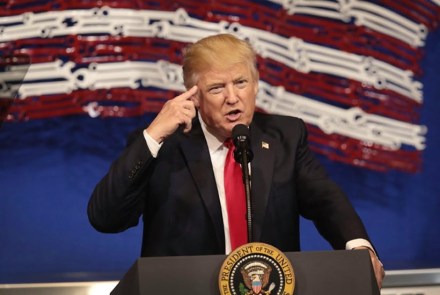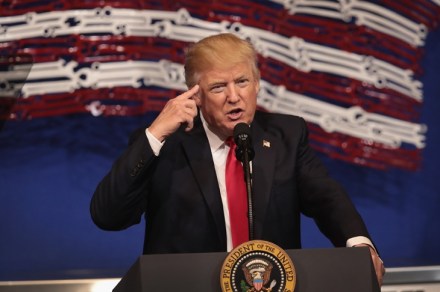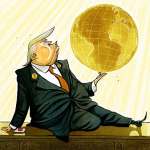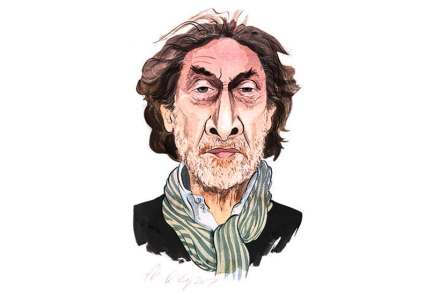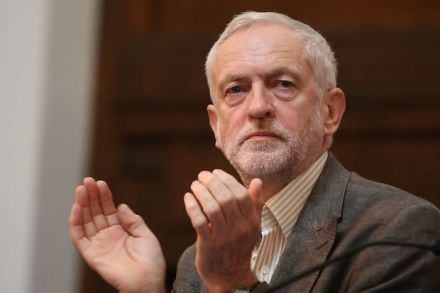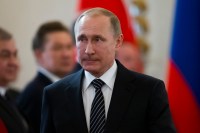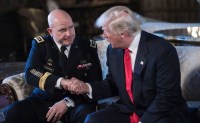Portrait of the Week – 18 May 2017
Home The National Health Service was one of the first big victims of a vermiform global ransomware computer infection going by names such as WannaCrypt and WannaCry, which locked computer systems. Hackers demanded $230 a time in Bitcoin to unlock them. Thousands of NHS devices were affected and outpatient appointments had to be cancelled. The Nissan plant at Sunderland was also hit. A 22-year-old from Devon, Marcus Hutchins, who runs the Malware Tech blog from his bedroom, found an effective kill switch that slowed the infection’s spread. Organisations abroad affected included Renault and Telefónica. Baddies had apparently unleashed the worm from software once in the keeping of America’s National Security



